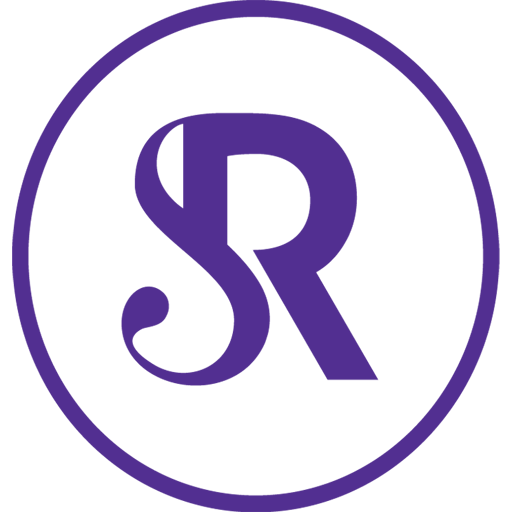How do you know if your training is actually working?
I’ve been to so many yoga trainings that are enlivening, exciting, entertaining, and emotionally elevating…but absolute failures when it comes to teaching yoga skills.
While an inspirational experience can certainly be a powerful component of your student’s learning (yes, yes!), too often I have seen emotional juice replace efficacy. This happens when the teacher doesn’t create enough opportunity for something called assessment.
Assessment is a way to check in whether the student is really learning.
There are two kinds of assessment: summative assessment (at the end of the course, like practicums and exams) and formative assessment (the less formal check ins that you can do during the course to see if people are picking up what you’re throwing down as you go along).
While most training programs have a summative assessment like a practicum or exam, many of them don’t quantify performance. In other words, there’s little objective standard! Sure, students may get subjective feedback, but they’re not being evaluated against a standard that is clear and measurable.
Consider the difference between these two standards:
- “Students will cue effectively.”
- “Students will cue the pose by using direct language, cuing the correct foundation, addressing one common misalignment, and including a root rebound cue.”
Which one is more measurable and clear?
Here’s the thing: unless you tell the students exactly what they need to be able to do to pass successfully, they’re not going to actually know what to do.
The trick? You have to know exactly what constitutes a meaningfully successful performance for your training, and put it in writing. What an amazing opportunity to get clear about your training priorities!
Sure, you could continue on with wishy-washy assessments; but if you’re running a training program, your training program should be a calling card for your brand out there in the world. Implementing specific assessments is an effective way to elevate the professional standard of your program quickly.
By creating measurable standards, you will help your graduates succeed – and be amazing ambassadors for your program – by giving them the measurable tools that they need to hit your mark.
For more information on assessment, check out “Assess For Success.”

